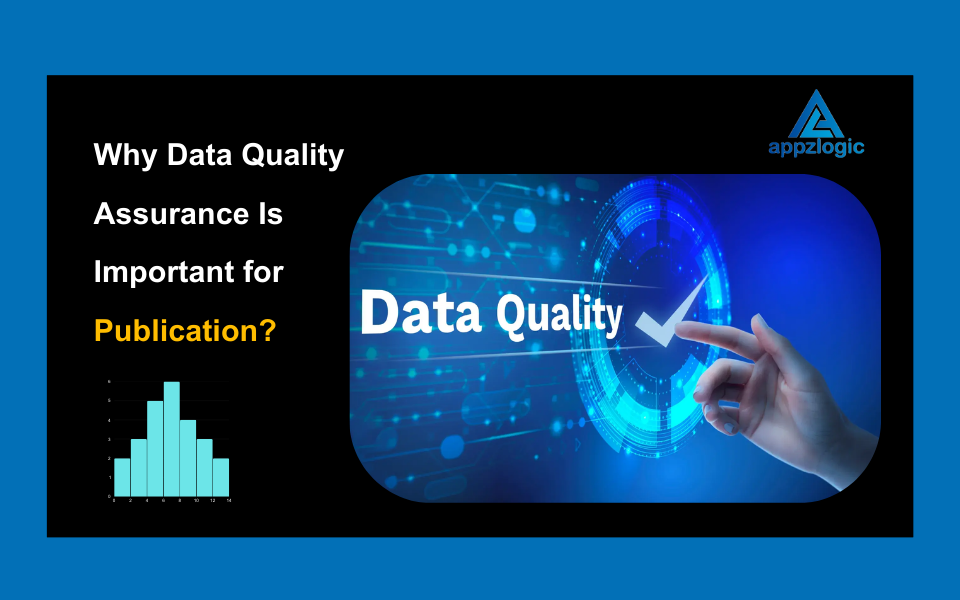Highlights:
- Drug development is fraught with challenges, as evidenced by the high rate of candidate failures during clinical trials due to inadequate evidence or ambiguous data. However, the landscape is shifting with the rise of collaborative data initiatives.
- These initiatives embody a collective effort among stakeholders, enhancing research reliability through transparency, optimizing clinical trial procedures, and laying the groundwork for personalized medicine by integrating diverse data sources.
- Yet, amidst the remarkable progress fostered by collaborative data initiatives, ensuring the security and privacy of shared data remains paramount. As data exchange becomes more widespread, robust measures are imperative to safeguard sensitive information and uphold patient confidentiality.
- Unified Data Management (UDM) software emerges as a crucial facilitator of secure and efficient collaboration within the pharmaceutical industry. By centralizing data management, UDM software streamlines processes, enhances transparency, and ensures compliance with regulatory standards.
Pouring resources and years into drug development only to see it crumble due to insufficient evidence or murky data is a harsh reality for nearly 80% of drug hopefuls in clinical trials. It’s a tough pill to swallow, highlighting the dire need for a significant shift in our approach. But here’s the silver lining: that shift is already happening, thanks to collaborative data initiatives.
These initiatives represent a united front against the fragmented and opaque reality that often plagues drug development. They create an environment where data flows freely, best practices reign supreme, and transparency becomes the norm. And the benefits aren’t just theoretical. Studies have shown that collaborative data sharing can slash development timelines in half and reduce costs by 60%. That’s not just impressive; it could be life-changing.
In this blog, we’re diving deep into the heart of this transformative movement. Here, we’ll delve deep into the intricacies of collaborative data initiatives, uncovering how they empower pharmaceutical companies to navigate the ever-changing industry dynamics with confidence. Moreover, we’ll shed light on the crucial significance of ensuring the security and privacy of shared data, emphasizing the indispensable role of UDM in facilitating secure and efficient collaboration within the pharmaceutical industry. So, without further ado, let’s dive right in.
What are Collaborative Data Initiatives, and How is it Transforming Pharma?
In today’s rapidly evolving pharmaceutical landscape, Collaborative Data Initiatives are beacons of progress and promise. They represent a collective effort among stakeholders — including pharmaceutical companies, research institutions, healthcare providers, and regulatory bodies — to harness the power of data for the betterment of healthcare. At their core lies the fundamental aspect of centralization and synergy. By bringing together diverse expertise and resources, they enable us to tackle complex challenges in drug discovery, clinical research, and patient care with unprecedented unity and effectiveness.
Think about it: in a world where information is abundant but often siloed, Collaborative Data Initiatives break down barriers and unlock the full potential of data. They allow us to pool our collective knowledge, insights, and experiences, resulting in richer analyses, deeper understanding, and, ultimately, more impactful outcomes for patients. Take, for instance, the Observational Health Data Sciences and Informatics (OHDSI) program. Through this initiative, researchers, healthcare providers, and data scientists collaborate to analyze vast amounts of real-world healthcare data, generating invaluable insights into the safety and effectiveness of medical treatments, shaping clinical practices, and improving patient care worldwide.
However, beyond their transformative impact on data utilization, Collaborative Data Initiatives are fundamentally driven by human collaboration, uniting the brightest minds to advance healthcare and improve patient outcomes. Whether it’s uncovering new treatment pathways or optimizing healthcare delivery, these initiatives embody the spirit of teamwork and innovation that defines modern medicine.
- Accelerating Drug Discovery: Collaborative data initiatives serve as powerful accelerators in the race to discover new drugs by fostering an environment of seamless data sharing and collaboration among stakeholders. By dismantling traditional barriers and promoting open exchange, these initiatives empower researchers to tap into a vast pool of information spanning from initial preclinical studies to real-world patient data. This collaborative approach not only expedites the identification of promising drug targets but also deepens our understanding of disease mechanisms and potential therapeutic interventions, ultimately bringing life-saving treatments to patients faster than ever before. According to a study published in Nature Reviews Drug Discovery, collaborative data efforts can reduce drug development timelines by up to 30%.
- Enhancing Research Reproducibility: Scientific integrity hinges upon the reproducibility of research findings, and collaborative data initiatives are pivotal in fortifying this foundation. By championing transparency, rigor, and accountability in data collection, analysis, and reporting, these initiatives elevate the reliability and credibility of research outcomes. Through adherence to standardized protocols and best practices, researchers can ensure that their findings stand the test of time, instilling confidence in the validity and reproducibility of their work and driving meaningful progress in scientific discovery.
- Optimizing Clinical Trial Design and Execution: Clinical trials are the linchpin of drug development, and collaborative data initiatives play a crucial role in refining their design and execution. By facilitating the exchange of clinical data and insights, researchers can pinpoint patient populations more precisely, refine trial protocols more efficiently, and implement recruitment and retention strategies more effectively. This streamlined approach not only expedites the pace of clinical development but also enhances the quality and relevance of trial outcomes, ushering in new treatments with greater efficacy and safety profiles.
- Improving Regulatory Compliance: Navigating the regulatory landscape is a paramount concern for pharmaceutical companies, and collaborative data initiatives offer a pathway to smoother compliance. By championing data-sharing endeavors and implementing robust data management practices, companies can ensure that their submissions to regulatory agencies meet stringent standards and guidelines. This commitment to sound scientific evidence not only expedites the approval process but also minimizes the risk of regulatory setbacks, paving the way for innovative treatments to reach patients in need.
- Advancing Personalized Medicine: The era of personalized medicine holds immense promise for revolutionizing patient care, and collaborative data initiatives are at the forefront of this transformation. By harnessing the power of big data analytics and artificial intelligence, researchers can integrate genomic, clinical, and lifestyle data to tailor treatment decisions to individual patient characteristics. This holistic approach to healthcare enables the identification of biomarkers, the stratification of patient populations, and the development of targeted therapies, ushering in a new era of precision medicine where every patient receives personalized care tailored to their unique needs.
Amidst the remarkable strides facilitated by collaborative data initiatives, ensuring the security and privacy of shared data remains paramount. As data exchange becomes more prevalent, robust measures must be in place to safeguard sensitive information and uphold patient confidentiality. Let’s understand more.
Click here to read more about Data Sharing in Collaborative Pharmaceutical Initiatives






























